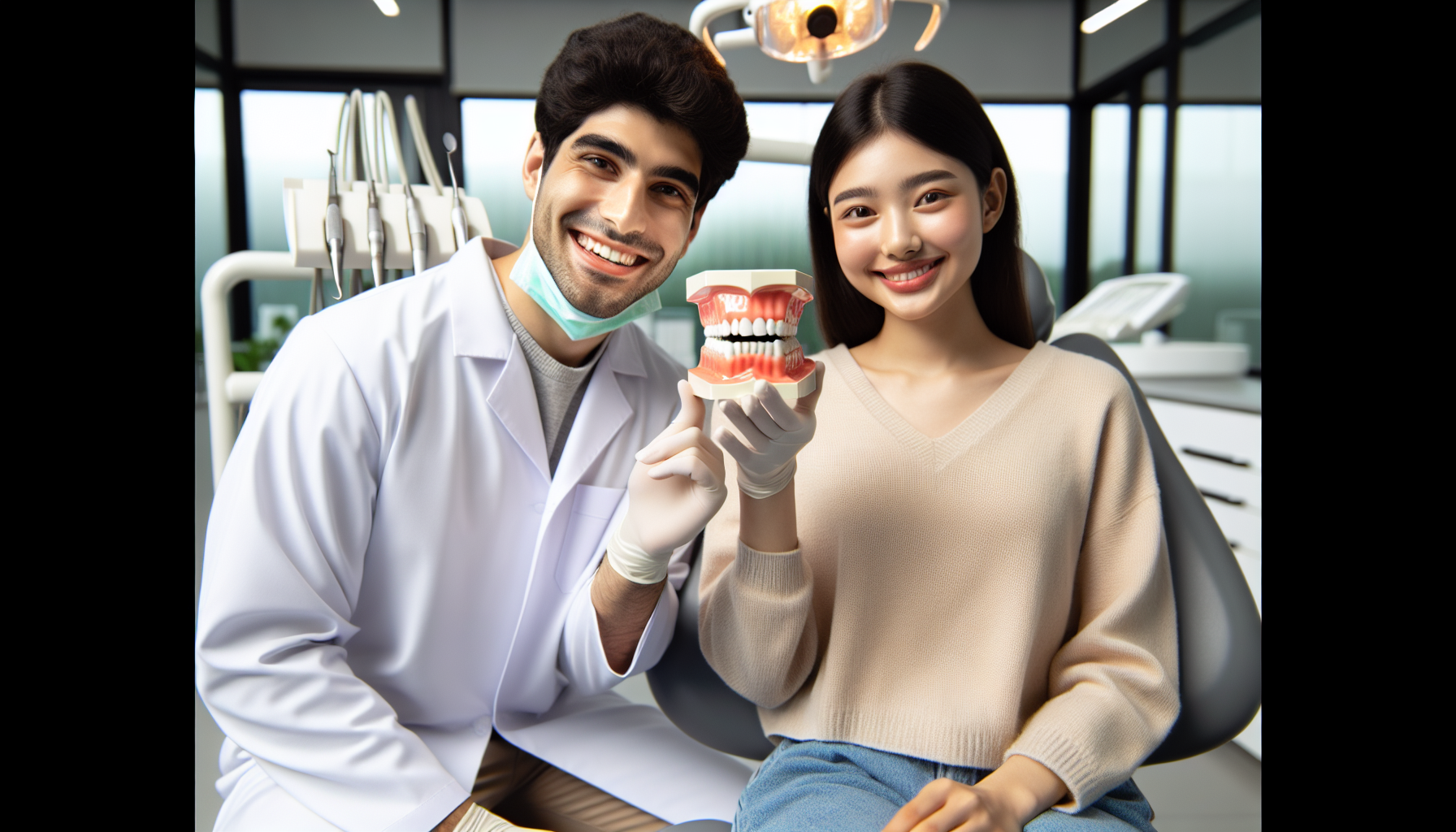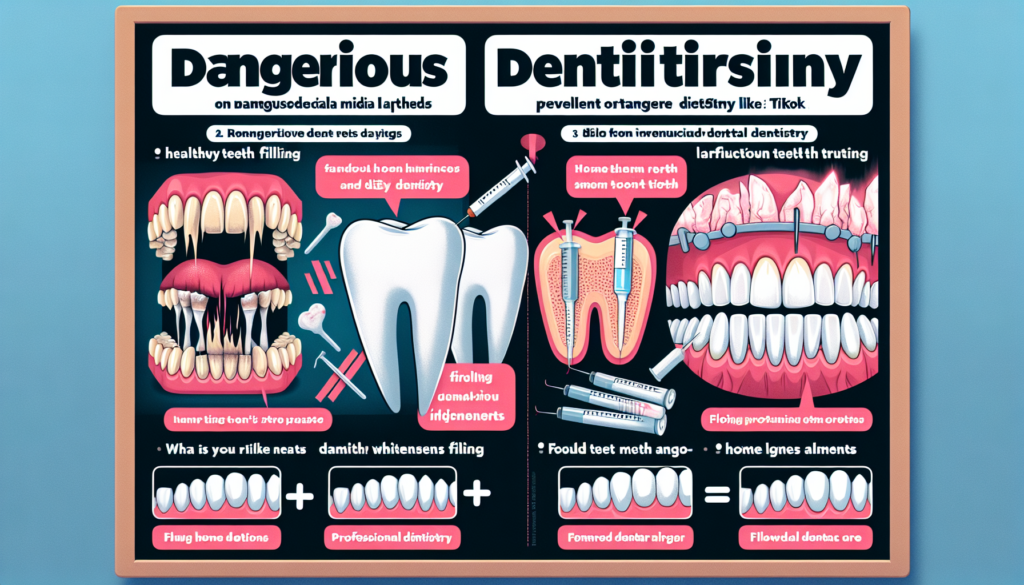Proper Oral Hygiene Benefits for Health and Overall Wellbeing
Just like small daily habits can transform your life, consistent dental habits can create a lifetime of confident, healthy smiles. Learn more in The Habit Method.
Introduction
Oral hygiene is often thought of as simply brushing your teeth for a brighter smile, but in reality, it goes far beyond cosmetics. A healthy mouth contributes to total body health, from reducing the risk of systemic diseases to enhancing confidence and mental wellbeing. In this article, we’ll explore the scientifically backed benefits of proper oral hygiene, best daily practices, and how they contribute to long-term health and wellbeing.
What Is Proper Oral Hygiene?
Proper oral hygiene refers to daily practices and professional care that keep your teeth, gums, and mouth healthy. These practices help prevent disease, maintain function, and promote overall wellness.
- Brushing twice daily with fluoride toothpaste to remove plaque and protect enamel.
- Flossing once a day to clean areas between teeth where brushes cannot reach.
- Using antimicrobial mouthwash for fresher breath and reduced oral bacteria.
- Routine dental check-ups every six months for professional cleaning and evaluation.
The American Dental Association recommends brushing teeth for two minutes at least twice daily and replacing your toothbrush every three to four months. — ADA
The Importance of Oral Hygiene for Overall Health
Your mouth is often described as the “gateway to the body.” Oral health is directly linked to systemic health because bacteria from oral infections can enter the bloodstream and impact other organs.
Studies suggest that periodontal (gum) disease is associated with conditions like heart disease, diabetes, and respiratory illness. — Journal of Periodontology, 2020
Top Benefits of Maintaining Good Oral Hygiene
Prevents Tooth Decay and Cavities
When plaque—a sticky bacterial film—builds up on teeth, it produces acids that erode enamel and lead to cavities. Using fluoride toothpaste and consistent oral hygiene habits significantly reduces decay risk. — Mayo Clinic
Reduces Risk of Gum Disease
Poor oral hygiene can cause gingivitis, the earliest stage of gum disease. If left untreated, it can progress to periodontitis, leading to tooth loss and systemic inflammation. Consistent brushing, flossing, and dental visits prevent this progression. — CDC
Lowers Risk of Chronic Diseases
Research shows that chronic gum inflammation may be linked to higher risks of systemic diseases:
- Heart Disease: Oral bacteria can contribute to arterial inflammation. — American Heart Association
- Diabetes: Gum disease can worsen blood sugar control and vice versa. — National Institute of Diabetes and Digestive and Kidney Diseases
- Respiratory Illness: Oral bacteria may contribute to pneumonia and other respiratory diseases. — National Institutes of Health
Boosts Self-Confidence and Mental Wellbeing
A healthy, beautiful smile does more than improve appearance. It boosts confidence, reduces self-consciousness in social settings, and can positively impact career and personal relationships. Research has shown that people who feel satisfied with their smiles report higher levels of self-esteem and wellbeing. — Journal of Dental Research
Daily Oral Hygiene Best Practices
- Brush correctly: Hold your toothbrush at a 45-degree angle and brush in gentle circular motions for two minutes.
- Floss daily: Clean between teeth to prevent plaque buildup and gum irritation.
- Use mouthwash: An antimicrobial rinse reduces bacteria and freshens breath.
- Replace toothbrushes: Change every 3–4 months or sooner if bristles are frayed.
The Role of Regular Dental Check-Ups
Seeing your dentist twice a year is essential. During these visits, plaque and tartar are removed, and dentists check for cavities, gum disease, and even oral cancer. Preventive care is less costly and far more effective than waiting until problems require complex, reactive treatment.
Lifestyle Tips for Better Oral and Overall Health
- Maintain a balanced diet: Choose calcium-rich foods, crunchy fruits, and vegetables to strengthen teeth and gums.
- Limit sugars and acids: Reduce sugary snacks and acidic drinks that erode enamel.
- Avoid tobacco use: Smoking significantly increases the risk of gum disease and oral cancer.
- Moderate alcohol intake: Excessive alcohol use is associated with dry mouth and increased oral cancer risk.
How Oral Hygiene Can Improve Quality of Life
Daily dental habits extend far beyond the mouth, influencing digestion, confidence, and even financial wellbeing:
- Better digestion: Healthy teeth aid in effective chewing and nutrient absorption.
- Social and professional confidence: A healthy smile supports positive first impressions and stronger interactions.
- Reduced healthcare costs: Preventive care lowers the need for expensive restorative or surgical treatments.
Frequently Asked Questions
1. How often should I brush and floss my teeth?
You should brush at least twice daily with fluoride toothpaste and floss once a day to remove food particles and plaque from between the teeth.
2. Can poor oral hygiene affect my heart?
Yes. Gum disease has been linked to an increased risk of heart disease due to bacteria entering the bloodstream and contributing to inflammation. — American Heart Association
3. Is mouthwash necessary if I already brush and floss?
Mouthwash is not a replacement for brushing and flossing, but it can help reduce bacteria, freshen breath, and provide an extra layer of protection against plaque.
4. How does diet impact oral health?
A diet high in sugar and acidic foods weakens tooth enamel and increases the risk of cavities. Conversely, calcium-rich foods and fibrous fruits and vegetables help strengthen teeth and gums.
5. Why are dental check-ups twice a year important?
Regular check-ups allow dentists to catch small issues before they become serious. Professional cleaning also removes tartar that cannot be removed by daily brushing and flossing.
Conclusion
Maintaining proper oral hygiene is an investment in both dental health and total wellbeing. From reducing disease risk to boosting confidence and saving money long term, the benefits are far-reaching. Remember, small habits practiced daily yield the greatest results over time. Start today to create a healthier future—because a healthy smile is truly a reflection of a healthy life.
Just like small daily habits can transform your life, consistent dental habits can create a lifetime of confident, healthy smiles. Learn more in The Habit Method.
Post Disclaimer
DentalUp is for educational purposes only and cannot accept personal dental information such as x-rays, photos, or treatment details. See full disclaimer here.





